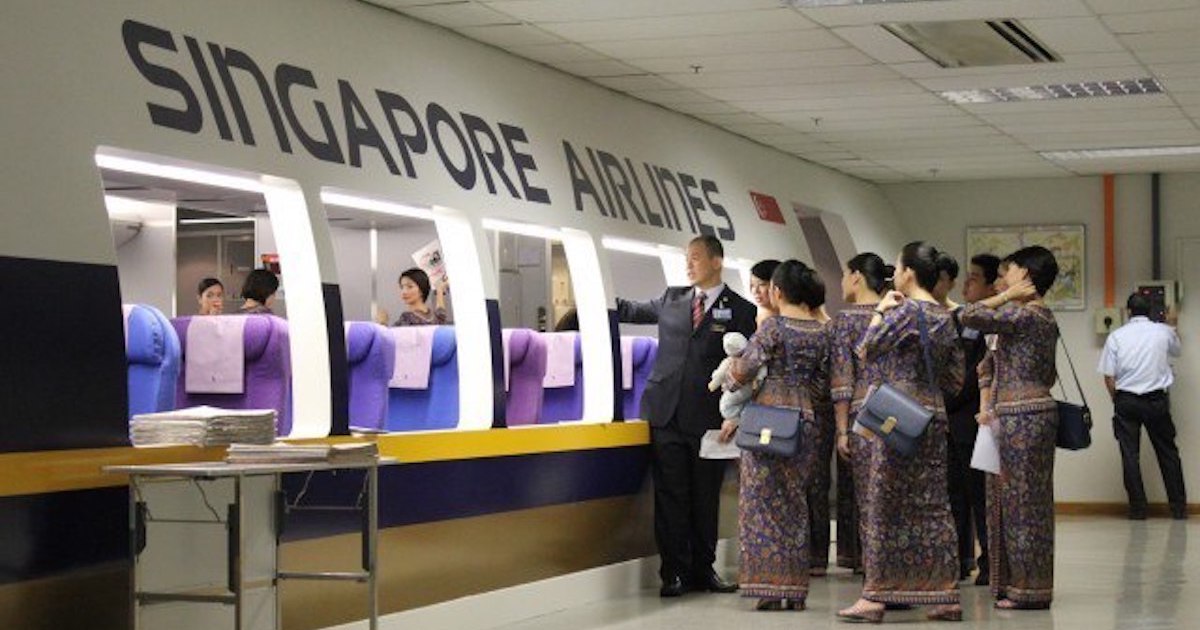Earlier this afternoon, Deputy Prime Minister Heng Swee Keat announced an unprecedented S$55 billion Resilience Budget to help Singaporeans and local companies tide through the impact of the COVID-19.
Part of this budget — up to S$17 billion — will be drawn from the Republic’s past reserves, which is typically warranted only during extraordinary times.
President Halimah Yacob herself has dubbed the present situation as an “unparalleled and unprecedented crisis.”
The only other time when the national past reserves was drawn was during the financial crisis in 2009.
The Resilience Budget, including the Budget 2020 which was announced five weeks ago, adds up to 11 per cent of Singapore’s GDP.
As part of the announced budget, Singapore will be providing help to support the severely impacted Changi Air Hub.
For every local worker in the aviation industry, aviation companies such as Singapore Airlines will get a 75 per cent wage offset for the first S$4,600 monthly salary.
In addition to that, there will be a S$350 million enhanced Aviation Support Package for rebates on landing and parking charges, rental relief for airlines, ground handlers and cargo agents.
Helping SIA And The Aviation Industry To Soar Again
In his Resilience Budget speech, Minister Heng laid down the various reasons why the government is supporting the severely impacted aviation industry, and made a special mention to national carrier Singapore Airlines (SIA).
According to Mr Heng, since the onset of the COVID-19 virus, the travel industry globally has been hit by one of the biggest shock in history.
Country borders are being shut and as of 24 March 2020, daily passenger traffic in Changi Air Hub has plunged by a worrying 90 per cent.
Changi Air Hub is known to be a crucial pillar of Singapore’s economy, contributing to over 192,000 jobs. Along with its secondary industries, it jointly contributes to over 5 per cent of Singapore’s GDP.
Hence, a diminished national carrier will undermine Singapore’s air hub ability to recover from the crisis. This is especially important as Singapore, which operates as an open economy, relies heavily on global trades.
SIA Might Run Out Of Money Without Government’s Support
To understand the financial impact of the COVID-19 virus towards SIA, we can take a look at the company’s latest financial report.
According to SIA’s third quarter profit and loss statement ending 31 December 2019, here are some of its costs that will be supported by the latest Resilience Budget:
| Line Item | 3rd Quarter 2019/20 |
| Fuel Cost | S$1,207 million |
| Staff Cost | S$773.6 million |
| Landing, parking and overflying charges | S$228 million |
| Overall Revenue | S$4,470.6 million |
| Overall Expenditure | S$4,022.1 million |
| Profit before tax | S$397.9 million |
| Cash in bank | S$1,571 million |
| Trade Debtor | S$1,244.6 million |
With SIA’s capacity reduced by up to 95%, what this means is that the revenue of the company will drop accordingly, while still incurring fixed cost such as the staff cost and the landing charges.
A 95% revenue drop will result in a revenue of only S$223.5 million, as compared to a S$4 billion dollar expenditure in the previous quarter.
The cash balance of S$1.5 billion will not be able to support a S$4 billion quarterly expenditure, resulting in SIA running out of money.

If the government did not step in to bail out SIA by helping to absorb some of the staff cost and landing charges, SIA will have to resort to other capital raising measures such as bond issuance.
Minister Heng also noted that SIA has announced earlier today that it will be making a corporate announcement soon, following its trading halt today.
“Through the government’s support for the aviation sector, and if necessary more direct support measures, we will make sure that SIA is able to come through this in good shape,” Minister Heng said.
“Ultimately, this is about preserving the status of our air hub, so that we can emerge stronger from this crisis. Riding out this storm will require patience … I’m sure our air hub will be able to emerge stronger,” he added.
While SIA is undeniably important for Singapore’s economy, the support and bail-out from the government announced in this Resilience Budget comes at the price of a drawdown from Singapore’s past reserves.
SIA needs to shoulder the responsibility to make sure that the grant received is used properly. Jobs should be preserved as much as possible, and the cost savings should not end up in management’s remuneration or being paid out via shareholder’s dividend.
Hopefully when the recovery comes, SIA will emerge stronger and help to propel Singapore’s economic growth.
By then, Singapore will reap the benefits of this drawdown of the reserves, painfully built up by many generations of Singaporeans.
Featured Image Credit: Airline Reporter








